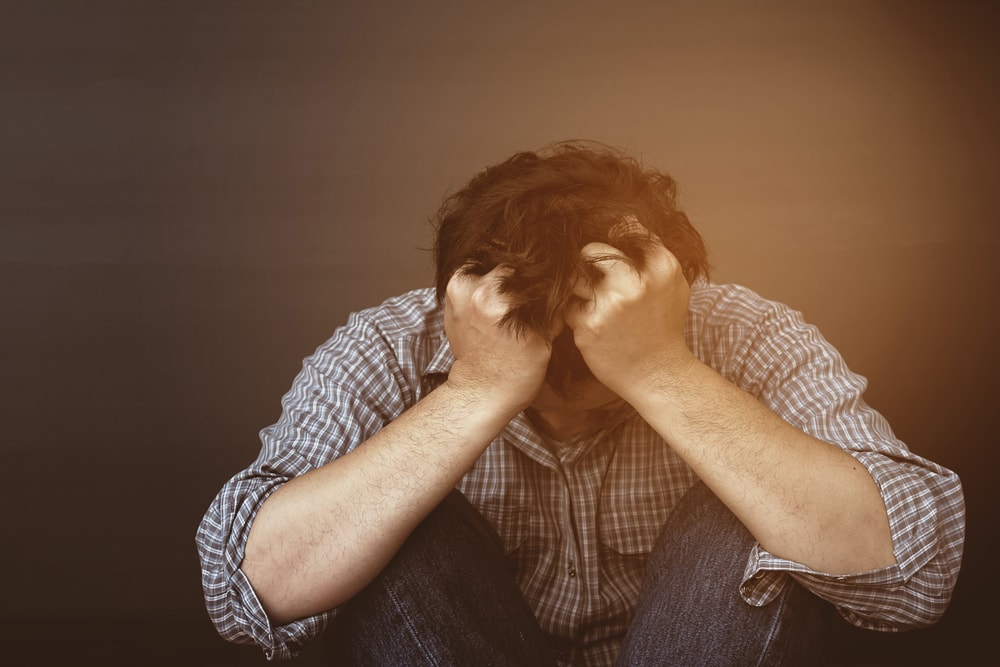A sudden occurrence of a stroke or a heart attack could be quite traumatic and painful on so many levels. Heart attack has become a widespread event in individuals from all age groups except children. The present stressful living is the prime reason for it, apart from which the food habits also play a significant role in the development of a heart attack.
A recent study and observation have put forth an analysis that there are chances that about 15% of heart attack survivors are more prone to develop PTSD during their lifetime, which would lead to the occurrence of another major attack and affect physical health.
Researchers from two significant universities collaborated to study this theory and evaluate the concluding analysis carefully. The scholars from Emory University in Georgia and the University of Alberta in Canada study this PTSD development in heart attack survivors on 303 young and middle aged-individuals who survived heart attack once.
At the end of their study, the researchers found that some of these individuals amongst 303 people already had Post Traumatic Stress Disorder, which resulted in a heart attack. Due to their very first attack, it left a trauma that could now trigger a second attack in line.
Dr. Viola Vaccarin, a cardiovascular researcher in the department of epidemiology at Emory University’s Rollins School of Public Health in Georgia, believes that when her team researched all the participating individuals, they formed a conclusive idea. A person with PTSD receives a lesser amount of blood blow in the body through the heart and vice versa, also known as Ischemia with mental stress, but this is not very prevalent in those who have never had PTSD.
These people whose PTSD triggered a heart attack showed signs of intrusive thoughts, dreams, flashbacks from the past, and they were most likely to have ischemia that could lead to another episode in the future. However, individuals who thought that numbing their pain and dark thoughts would not directly trigger a heart attack were wrong and had more chances of falling under the risk.
The Chances of another heart stroke and Mental Health Issue
Dr. Vaccarin claims certain factors about Ischemic induced mental stress heart attack. She says,
People who were more likely to have symptoms like nightmares could be more vulnerable to other cardiovascular events. These are people who in everyday life go through repeated bouts of stress.
Dr. Vaccarin’s statement points to a common cause of heart attack and death due to the same- Ischemia. But at the same time, it is essential to notice that this may not be evident in every individual because several cardiovascular issues could trigger a heart attack.
The researchers in the study mentioned above concluded with moving forward and ruling out this blood vessel disorder and claiming it to occur in only PTSD patients. Experts believe that about 20-40 percent of people who suffered from a major heart attack are likely to suffer from stress or depression later.
The probability of falling deep into trauma after a heart attack is high due to a sudden hard-hitting event. A professor and Psychologist at Vanderbilt University Medical Center in Tennessee, James Jackson, expressed his views to Healthline about PTSD. The expert says,
You leave the ICU alive and that’s quite an accomplishment, but now you face a whole new set of consequences. The sudden occurence of an event so painful and fearsome often puts people at particular risk of PTSD.
Jackson puts some very logical and practical analysis of how a heart attack’s sudden trauma could put people into thoughts about how things could take an unfortunate turn even when everything is going perfectly fine. We are probably happy with our body and health, but we suddenly realize a universal fact- “Afterall we are all Mortals.”
Jackson also explains specific inevitable symptoms in people who triggered a heart attack very recently,
Patients who develop PTSD after a heart attack often develop really powerful symptoms of avoidance. They develop a sudden fear and avoidance for hospitals and ICUs, because they don’t want to have another surgery. The urge to avoid makes some sense, but it’s problematic because it makes it more likely that they won’t deal with things like chest pain but rather hunker down and hope it passes.
Dr. Nicole Weinberg, a cardiologist at Providence Saint John’s Health Center in California, says that when a first-time heart attack occurs in an individual, it seems to disrupt a patient’s sanity’s brain a little bit. The person becomes more conscious about a minor pain in his body and thinks that the next episode could worsen than the initial one. Dr. Weinberg claims,
In a heart attack, the brain is starved for oxygen, the brain is a bundle of nerves that work together, so anything that disrupts them can predispose you to dysfunction.
Our brain has a primitive part that triggers a threat response, which is known as Amygdala. But another element inside the mind known as Frontal Lobe, where higher thinking and rational thoughts appear to assess the threats more logically so that those threat responses occurring in the amygdala, becomes quiet.
However, in a PTSD patient, the communication disrupts between the amygdala and frontal lobe, and it does not work to make the amygdala quiet. Hence, the person becomes even more paranoid and fearful, which further triggers another significant heart attack episode.
What to do to improve the Condition?
Experts have advised that the best step would be to practice a little bit stress-free lifestyle and keep positive things aside. It is better not to try much more challenging to control intrusive thoughts if you are already suffering from depression.
It is advisable to meet a psychologist, move into useful therapies, listen to soothing things, and practice mindful meditation. The best advice anyone could give is not to overthink an initial triggered response of an episode, making you relieved by anxiety about another possibility.
It is always better to accept the unexpected events in life and try to be cautious of them. Still, there is no guarantee that things might not turn sour in the future, but a healthy lifestyle could make all the difference, and going for relaxed walks and spending some time with nature could also prove helpful. In the end, stress reduction will be the only key.




